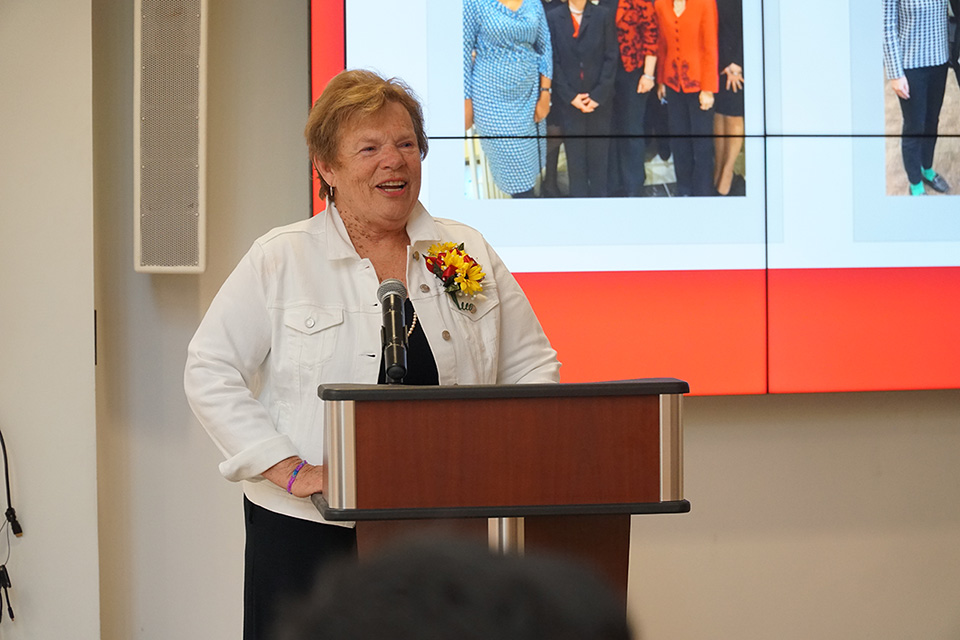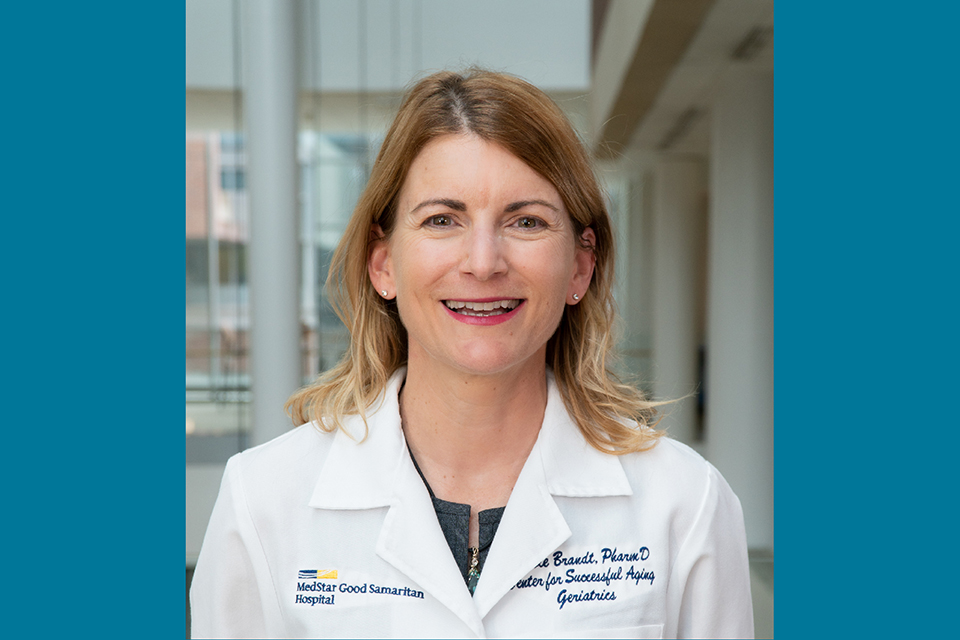MPhA Gives $75,000 in Support of their Partnership in Maryland P3 Program
Gift will enable the pharmacist-led chronic disease management program to implement a new database and broaden data analysis and reporting
By Becky Ceraul
January 27, 2010
The University of Maryland School of Pharmacy’s P3 (Patients, Pharmacists, Partnerships) Program has received $75,000 from the Maryland Pharmacists Association (MPhA), a founding and current partner in the chronic disease management program.
“It is gratifying to have the commitment of all our partners in making the Maryland P3 program a success,” says Magaly Rodriguez de Bittner, PharmD, professor and chair of the Department of Pharmacy Practice and Science (PPS) and director of the program. “This gift will provide the opportunity to continue to grow and expand the program to meet the needs of the citizens of Maryland.”
The Maryland P3 Program provides specially trained, licensed pharmacists to individually coach patients with diabetes through the complexities of living with the disease. It leads to cost savings and improved health for both the patients and their companies. The School of Pharmacy has trained 200 Maryland P3 pharmacists.
The program began in 2006 with one employer in Western Maryland. It now is part of the health care plans at six companies in Maryland and Virginia and reaches more than 300 patients.
The Maryland P3 Program works through an agreement between public and private employers, local pharmacists, and patients who go directly to the pharmacists for diabetes management in collaboration with the patient’s health care providers. The School’s PPS department coordinates the partnership, manages the program, and trains the pharmacists. The pharmacists’ network is run through the MPhA.
Butch Henderson, BSP, president, and Howard Schiff, BSP, executive director, said on behalf of the association, “MPhA and its members have been an integral part of the Maryland P3 Program since its inception. We are extremely happy to be in a position to be able to contribute this gift to support the program.”
“Maryland P3 has been effective in treating cardiovascular disease and diabetes,” says Rodriguez de Bittner. “In one year, one of the employers, which now has 35 participants in the program, saved $62,336, about $3,280 per patient for its first 19 enrollees.”
The gift from the MPhA will allow the program to implement a new database and broaden its data analysis and reporting functions. “With this gift and the continued partnership of the MPhA, we will be able to further strengthen the program,” says Rodriguez de Bittner. “We have plans to expand the program to disease states such as mental health, asthma, and cardiovascular disease. Having our own database system will allow for this type of growth.”



